Centres and institutes
Our centres facilitate collaboration for research, allowing academics to increase the scale and scope of their work, and thus of the heritage sector. View more information of our centres.
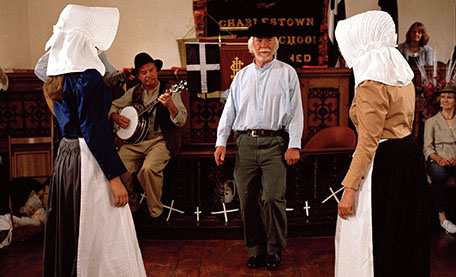
The ICS seeks to promote a greater knowledge of historical and contemporary Cornwall. As a partnership between the University of Exeter and Cornwall Council, ICS combines academic research and teaching with community engagement. The ICS disseminates its work through publications, research projects, and community-based activity led by staff and students.
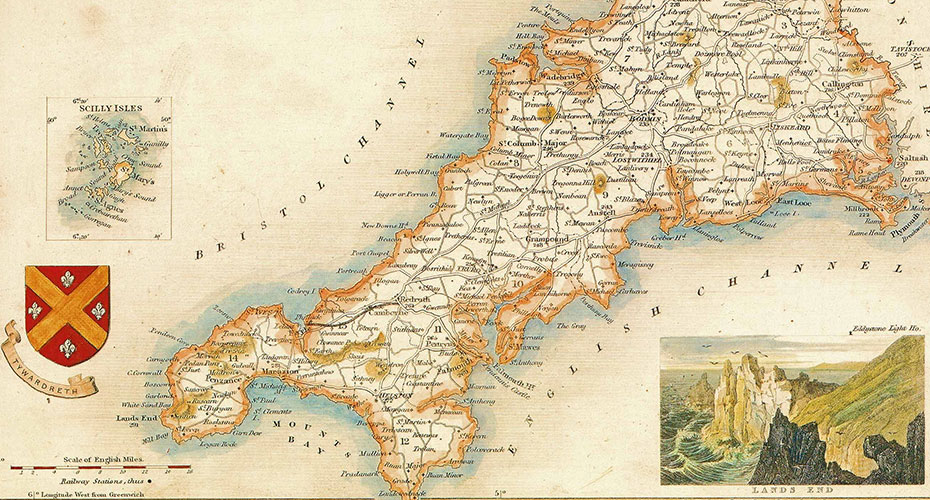
Centre for Environmental Arts and Humanities
The CEAH investigates the role of artistic and cultural representation in generating and stimulating ideas around nature and the environment, by considering how the past has influenced the contemporary. The CEAH disseminates its work through public lectures, book series and public engagement activities that offer cultural projects underpinned by academic research. By inciting discussion with enterprises, organisations and creative practitioners in the UK and internationally, the CEAH provides a forum for emerging researchers, creates doctoral opportunities, and helps stimulate commercial activity.
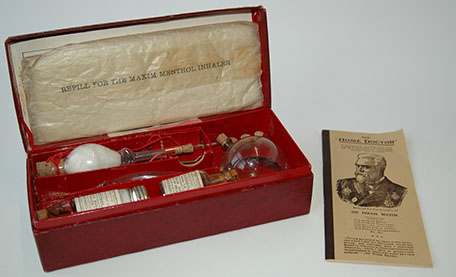
The Centre for Medical History brings together academics that share a dedication to advancing research within the field of medical history and humanities, and for the social study of contemporary medical and health-related activities. Extensive access to rich collections of records housed by regional specialist-care institutions enables opportunities for specific research in the locality. Research is distributed through conferences, workshops, symposia, seminars, collaborative projects with external organisations, activities in schools, and public engagement events.
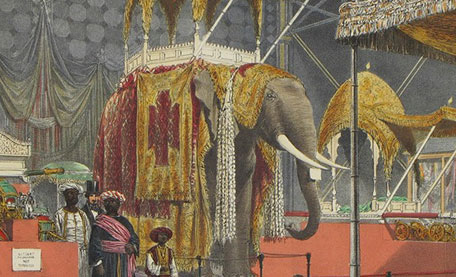
The Centre for Victorian Studies promotes interdisciplinary research and teaching in all aspects of nineteenth-century literature, culture and media. Strong archival holdings, a thriving postgraduate community, internationally recognised events and intellectual expertise have contributed to the Centre’s growing international reputation.
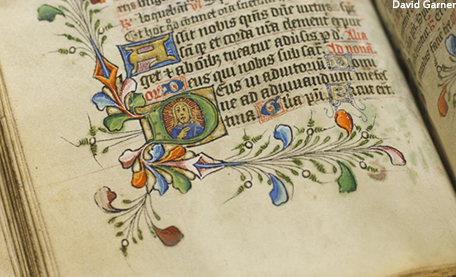
The Centre for Medieval Studies connects graduates with one of the largest concentrations of medievalists in the United Kingdom, and provides access to an excellent range of medieval holdings from across the South West. As a result, the Centre specialises in producing interdisciplinary research and externally funded projects that explore the tangible archaeology, landscape and architecture of medieval heritage, as well as the myths and stories associated with specific sites.
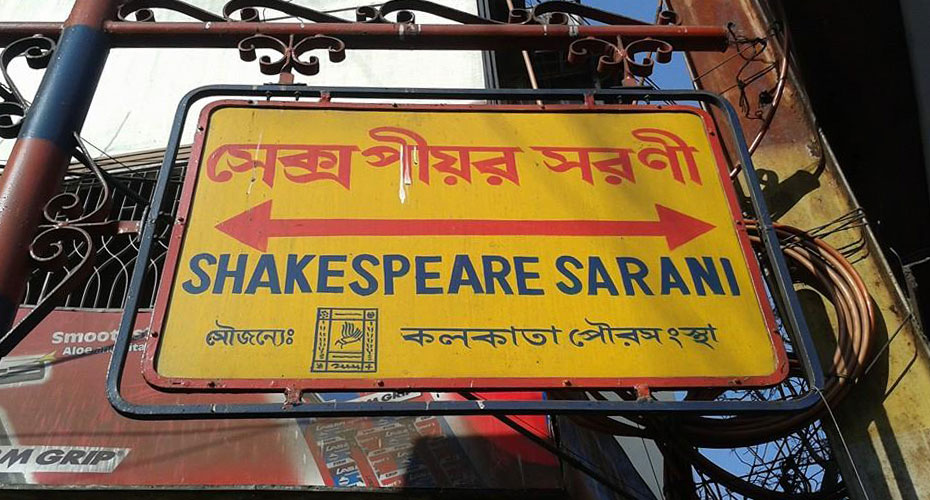
The Exeter South Asia Centre brings together an interdisciplinary group of researchers and postgraduate students whose work relates wholly or in part to the wider Indian subcontinent and global South Asian communities with their associated diasporas. The Centre sheds light on the region’s diversity through studies of South Asian histories, literatures, performance forms, and ancient and contemporary cultures. The unique feature of the Centre is its emphasis on direct engagement with colleagues and organisations in South Asia, whether through fieldwork, archival research or performance practice.
.jpg)
Bracton Centre for Legal History
Established as a beacon for internationally excellent legal history scholarship spanning the Middle Ages to the modern period, our research encompasses many areas of specialist expertise. Our projects shed light on the legal past, from the lives of Tudor lawyers, to the foundations of legal protection for the property of the mentally ill. As a Centre we provide insights and valuable resources for students, the judiciary, historians and others.
Centre for Persian and Islamic Studies
The Centre for Persian and Iranian Studies (CPIS) was created in 2008 to coordinate and enhance the activities of scholars at the University of Exeter, within history, literature, philosophy, religious studies, politics, classics, and other fields relating to Persian and Iranian academia. The Centre is based in the Institute of Arab and Islamic Studies, within the College of Social Sciences and International Studies.
Centre for Imperial and Global History
Launched in late 2013, the Centre aims to show how much of the world’s history was created by empires, to reposition the histories of those empires in a wider global context, and gain insight into the causes and consequences of globalisation. It does this through researching topics including the histories of humanitarianism and human rights, law and colonialism, regions in a global context, and the relationship between globalisation’s past and present.
